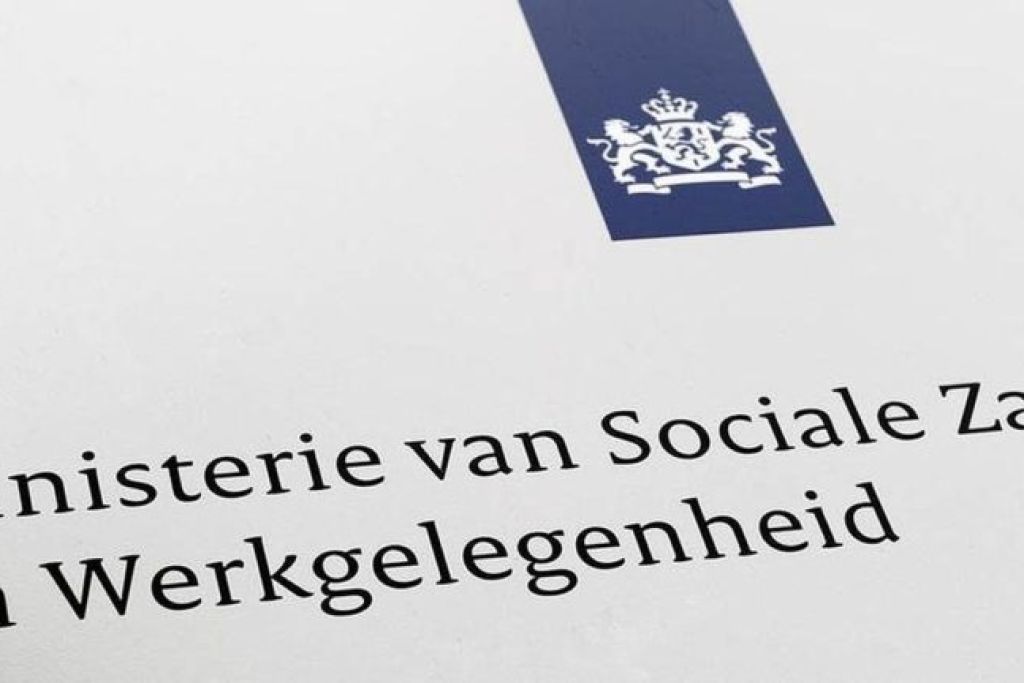Partly based on the news item from SOFI expertise.
The ITEM expertise centre at Maastricht University, together with SOFI expertise and NUFFIC, has repeatedly called attention to the right to childcare allowance for PhD students who are not employed. This concerns PhD students who are not paid by the university but, for example, through an external (foreign) scholarship (so-called scholarship PhD) or with own means.
Because they do not have an employment contract with the university where they are completing their PhD, their right to childcare allowance is uncertain. Although within the spirit of the childcare allowance any parent away from home due to work deserves childcare allowance, many (grant) PhD students fall between two stools: they are neither students nor employees. PhD students who are not employed are now only eligible for childcare allowance if their scholarship income is classified by the Tax and Customs Administration as “income from work”. Because this depends on the actual situation, it can vary from case to case. This regularly leads to problems because PhD students apply for the allowance on the assumption that they are entitled to it, while this turns out not to be the case afterwards. As a result, PhD students have to repay large amounts. In addition, it is considered unfair that some PhD students are entitled to childcare allowance and others are not, especially since students are entitled to it without having to meet the work requirement.
More explanation and background information can be read here .
Legislation will put an end to this
The Ministry of Social Affairs and Employment recently published the Childcare Allowance Improvement Bill, which was also publicly submitted for internet consultation. This bill aims to end the unclear and undesirable situation, proposing, among other things, to grant PhD candidates without employment (grant-funded PhD candidates, external PhD candidates and external PhD candidates) and technological designers in training without employment the right to childcare allowance.
This issue will be resolved by granting all PhD students (and students of technological design) entitlement to childcare allowance from 1 January 2027 without having to meet the employment requirement. In “My Benefits”, applicants will be able to indicate that they belong to the target group. The Benefits Service can then request supporting documentation.
Our response
ITEM together with SOFI expertise submitted a response to the bill, which can be found here . We believe the bill is a very welcome development for a fairly long-running problem. Meanwhile, ITEM, SOFI expertise and Nuffic have jointly held initial discussions with the Ministry of Social Affairs and Employment to see how the bill can be anticipated.
Important questions remain open, see also our joint response. The most pressing is how to deal with the current group of PhD students facing recoveries. Efforts are being made from the ministry to organise a meeting with the Surcharge Service. Here, we highlight two aspects for clarification:
- Improving the provision of information to the target group on entitlements and the fiscal position, now that this is leading for being entitled/not entitled to childcare allowance. The tax classification of a grant is important to clarify in this regard.
- There is a hardship clause for benefits. In very exceptional circumstances, the rules may be deviated from, namely: (1) if the rules have serious and unreasonable consequences & (2) these consequences are not the intention of the legislator who devised these rules. We believe this hardship clause is relevant in many cases and hope to be able to share more information about this soon.
We were assisted in the discussions with concrete examples. Do you have or know of any examples of distressing cases in which PhD students without employment contracts have to repay large sums because they were subsequently found not to be entitled to childcare allowance? Please let us know: item@maastrichtuniversity.nl

